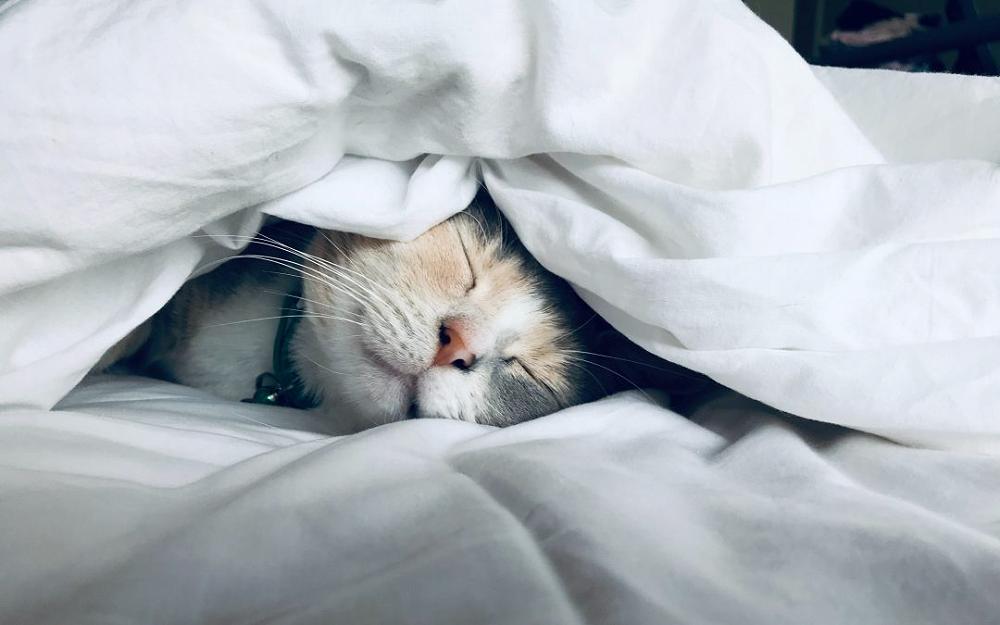
Positive Education: The importance of sleep
As we approach the halfway point of Term 1, a lot of our students (and staff and parents!) are starting to feel tired. We all understand the importance of a good night’s sleep, but that doesn’t mean it’s always easy to get one.
Sleep is our body and mind’s chance to reset. Or, as Shakespeare put it:
- “Sleep that knits up the raveled sleave of care, / The death of each day's life, sore labor's bath, / Balm of hurt minds, great nature's second course, / Chief nourisher in life's feast".
A good amount of sleep is important for overall health and mental wellbeing. Insufficient sleep is linked to a range of health problems, including heart disease, diabetes and depression. Sleep deprivation also impacts our immune response, making it more difficult to fight common sickness and infection.
In the classroom, well-rested students will find it easier to concentrate and learn. Sleep improves memory, decision-making and creativity. Students lacking sleep will find it harder to focus and regulate their emotions. Sleep deprived students may experience mood-swings, feel low, or struggle to motivate themselves.
It’s clear that sleep is important. So, how much sleep should we be getting? Teenagers should be aiming for 8-10 hours of sleep a night, and those over 18 are recommended to get 7-8 hours of sleep. This can be easier said than done! Teenagers and adults can have busy lives and myriad distractions, making it harder to switch off and prioritise sleep.
A snap survey of my Year 13 English class revealed:
- only 2 out of 15 students typically get more than eight hours of sleep per night;
- most of the class (13 students) get between 6 and 8 hours of sleep;
- two students usually sleep less than 6 hours; and
- nearly all of those students were using a device or watching a screen in the hour before bed.
This included being on social media, watching videos or streaming services, and gaming. Only 3 out of 15 students were engaged in other activities, such as reading.
Clearly, our students need to be getting more sleep. Here are strategies that can improve sleep:
- establish a clear routine - a regular bedtime and a morning alarm will help set your circadian rhythm;
- avoid disrupting this routine too much on the weekends, by going to bed no more than an hour later than usual;
- avoid screens with bright lights in the hour before bedtime - the blue light emitted by most screens is particularly disruptive;
- get regular exercise and spend some time outdoors each day;
- Keep your room cool, quiet and dark.
Here’s to a better night's sleep!
Source: https://www.nhlbi.nih.gov/health-topics/sleep-deprivation-and-deficiency
